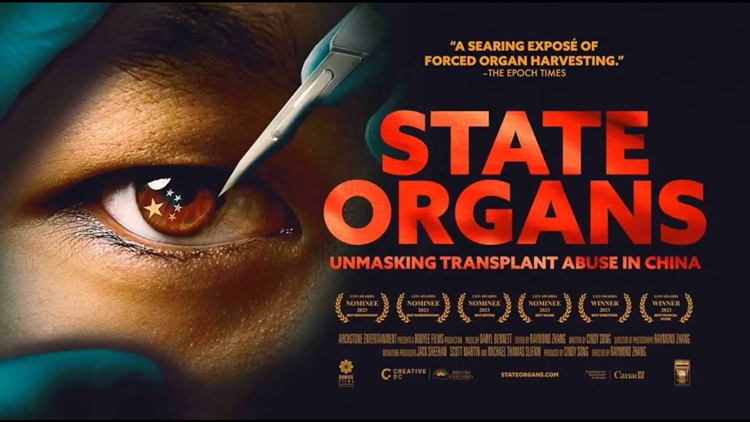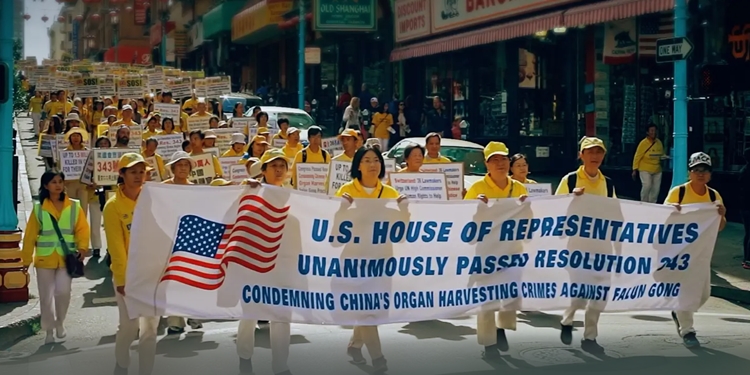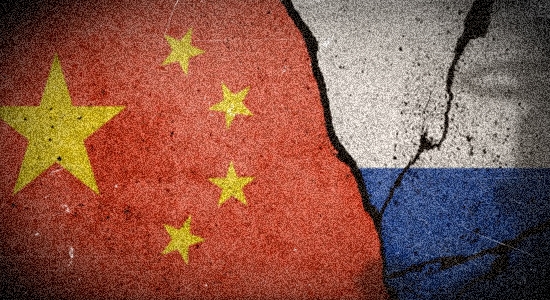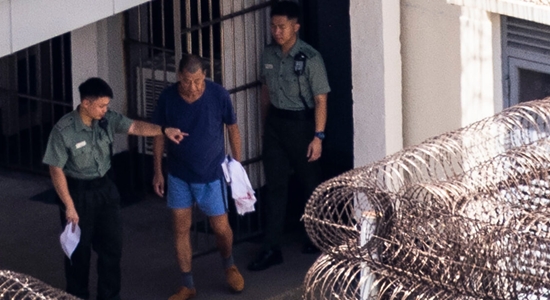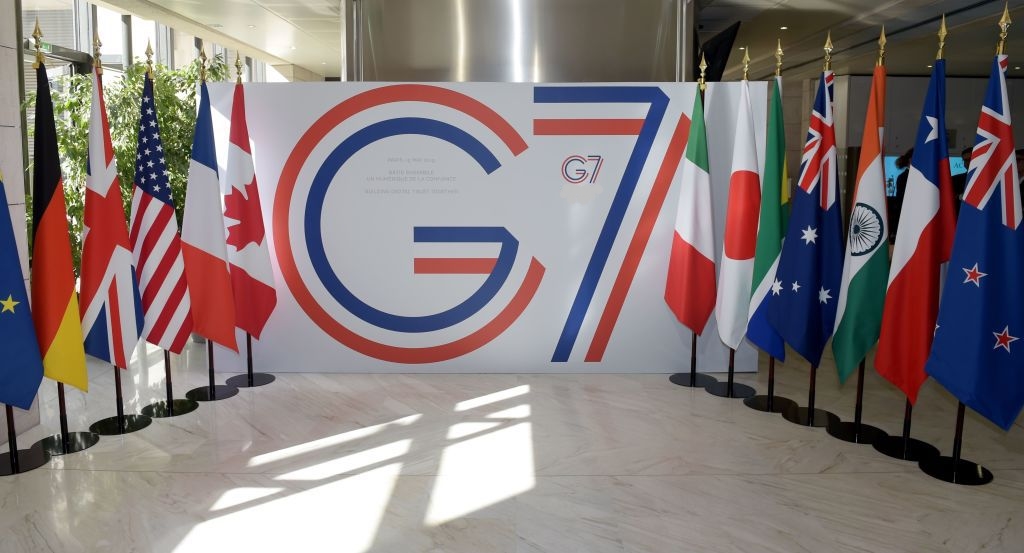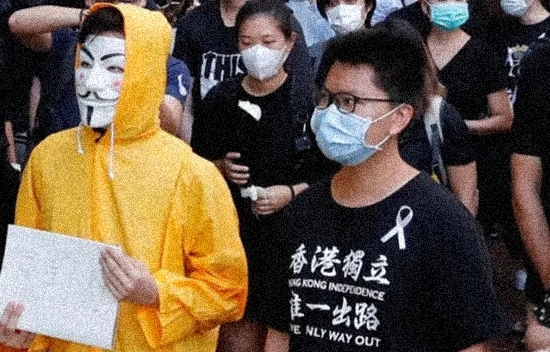
What is happening as a result of the Hong Kong government’s enactment of new national security legislation, which is designed to make things even worse for Hongkongers?
Irene Chan reports some of the details in her article “Hong Kong’s national security crackdown—month 45” (Hong Kong Free Press, April 1, 2024).
She notes that “the homegrown Safeguarding National Security Ordinance targets treason, insurrection, sabotage, external interference, sedition, theft of state secrets and espionage. It allows for pre-charge detention of to up to 16 days, and suspects’ access to lawyers may be restricted, with penalties involving up to life in prison. Article 23 was shelved in 2003 amid mass protests, remaining taboo for years. But on March 23, 2024, it was enacted having been fast-tracked and unanimously approved at the city’s opposition-free legislature.”
The legislature is “opposition-free” because the Hong Kong government has banned proponents of freedom and democracy from running for office.
The adjective “homegrown” suggests that the new legislation originated in Hong Kong, unlike the 2020 National Security Law overtly imposed on Hong Kong by the mainland government. But this is a distinction without a difference, since the Hong Kong rulers go out of their way to stress how obedient they are to the mainland government. It’s all the same gang.
Troubling ambiguity
Various governments, organizations, and others have criticized the new law.
According to Volker Turk, United Nations High Commissioner for Human Rights, its ambiguity is “deeply troubling, given its potential misuse and arbitrary application, including to target dissenting voices, journalists, researchers, civil society actors and human rights defenders. As we have already seen, such provisions readily lead to self-censorship and chilling of legitimate speech and conduct, in respect of matters of public interest on which open debate is vital.”
Ambiguity is a further problem with the law if this really means that persons thinking about speaking won’t know what speech to refrain from uttering in order to avoid imprisonment. But ambiguity is not the most fundamental problem. Outlawing and punishing speech critical of the government in whatever forms this censorship takes is the problem. If the law were to restrict itself to outlawing only several thousand carefully and explicitly and precisely defined forms of political speech or speech somehow construable as a threat to national security, this would not improve matters. The law would still be arbitrary and abusive per se, as it is now, and each application, necessarily also arbitrary and abusive, would be entirely consistent with its purpose.
Also:
● May Wang of Human Rights Watch observes that now “even possessing a book critical of the Chinese government can violate national security and mean years in prison in Hong Kong.”
● Various governments, including Australian and Taiwan, are warning people planning to travel to Hong Kong that they now face a greater risk of inadvertently violating local laws. The Hong Kong government has condemned these revised travel advisories.
● “As of March 22, 291 people had been arrested for suspected breaches of national security since the legislation was enacted, the Security Bureau told HKFP. Among them, 174 people and five companies had been charged under the national security law or the sedition law or with other crimes.
“Of those charged, 114 people—including 33 charged under the security law itself—have been convicted or are awaiting sentencing.”
● “Activist Ma Chun-man [shown above, right] was denied early release after being jailed in 2020 [2021?] in a national security case. He was the first prisoner to become ineligible for early release because of the provisions of the new law.” In other words, the revised criteria for early release are being applied retroactively to further punish prisoners who were convicted under the earlier National Security Law.
At the time of his sentencing in 2021 to a term of five years and nine months in prison, Ma wrote to the trial judge: “I do not feel any regret. On my road to democracy and freedom, I can’t afford to be a coward.”
